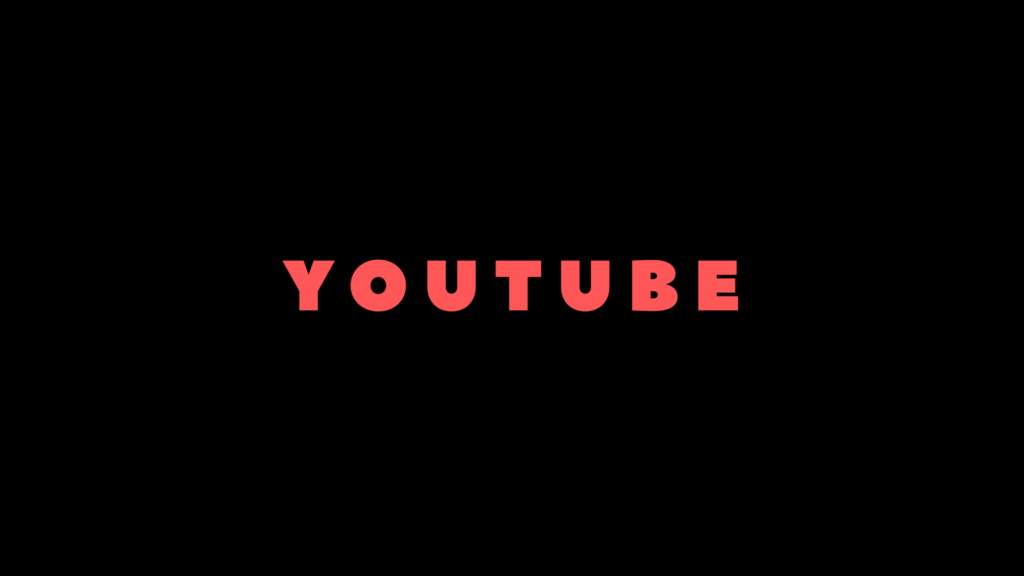
YouTube Account Hacking: Techniques Used by Hackers and Prevention Tips
In today’s digital world, owning a YouTube channel is more than a hobby; for many, it’s a livelihood. With over 2 billion logged-in users visiting YouTube monthly, the platform has become a prime target for cybercriminals. Hackers often aim to steal accounts to exploit their popularity, monetize videos, or spread malicious content. This article explores the methods hackers use to compromise YouTube accounts and how you can safeguard your channel.
1. Phishing Attacks
Phishing is the most common way hackers target YouTube accounts. Cybercriminals send fake emails or messages pretending to be from YouTube or Google. These messages often claim urgent action is required—such as verifying your account or avoiding a copyright strike. The victim is directed to a fraudulent website designed to steal login credentials.
Prevention Tip:
- Always check the sender’s email address.
- Avoid clicking on suspicious links.
- Use Google’s security check to verify legitimate communications.
2. Social Engineering
Hackers often rely on social engineering tactics to manipulate users into giving up sensitive information. This could involve posing as a trusted individual, such as a fellow content creator or an employee of YouTube, to gain access.
Prevention Tip:
- Be cautious when sharing personal or account details.
- Verify identities before responding to unsolicited requests.
3. Credential Stuffing
If you’ve reused your password across multiple platforms, hackers might use stolen credentials from previous data breaches to access your YouTube account. This technique is known as credential stuffing.
Prevention Tip:
- Use a unique password for your YouTube account.
- Enable two-factor authentication (2FA) for an extra layer of security.
4. Malware Attacks
Hackers can use malware to steal your account details. This often happens when victims download malicious software or attachments disguised as legitimate tools or media. Once the malware is installed, it records keystrokes or extracts stored passwords.
Prevention Tip:
- Only download software from trusted sources.
- Keep your device and antivirus software up to date.
5. Session Hijacking
Session hijacking involves intercepting your internet connection to steal session cookies, which authenticate your login without needing a password. Hackers can exploit unsecured public Wi-Fi to perform this attack.
Prevention Tip:
- Avoid logging into your YouTube account on public Wi-Fi.
- Use a VPN to secure your internet connection.
6. Exploiting Third-Party Apps
Third-party apps or plugins with access to your Google account can be another weak link. If these apps are not secure, hackers might exploit them to gain control of your YouTube account.
Prevention Tip:
- Regularly review the permissions of third-party apps linked to your Google account.
- Revoke access to apps you no longer use or trust.
Steps to Secure Your YouTube Account
- Enable Two-Factor Authentication (2FA):
2FA adds an extra layer of protection by requiring a verification code in addition to your password. - Use Strong, Unique Passwords:
A strong password should include a mix of letters, numbers, and symbols. Avoid using easily guessed passwords like your name or channel name. - Monitor Account Activity:
Regularly check your account’s activity and security settings. Look for unfamiliar devices or login attempts. - Educate Yourself:
Stay informed about the latest phishing tactics and cybersecurity threats. - Backup Recovery Information:
Keep your account recovery email and phone number up to date to regain access quickly in case of a breach.
What to Do if Your Account is Hacked
If you suspect your YouTube account has been hacked, act quickly:
- Reset Your Password: Use the account recovery feature to reset your password immediately.
- Report to Google: Contact YouTube Support to report the hack and secure your account.
- Check Linked Accounts: Ensure that your Google account and any linked apps are secure.
Conclusion
Hackers employ various techniques to compromise YouTube accounts, from phishing to malware attacks. By staying vigilant, using strong passwords, and enabling two-factor authentication, you can significantly reduce the risk of falling victim to these cyber threats. Protect your channel today to ensure a secure and uninterrupted YouTube journey.
